The Secret to Developing Your Street Photography
![]()
Shooting street photography without a project in mind is like shopping for food when you’re hungry. You might get a few nice treats, but ultimately you get back and find there is nothing to sustain you.
Don’t panic! The concept of personal projects and developing a body of work can be intimidating, so I developed a simple step-by-step system for one of my workshop clients, which I’m going to share with you.
Hopefully this will:
- Help you find new material
- Improve your hit rate and push you to be more creative
- Give you a purpose and the concept of what you are looking for
- Develop your inner artist to feel more fulfilled
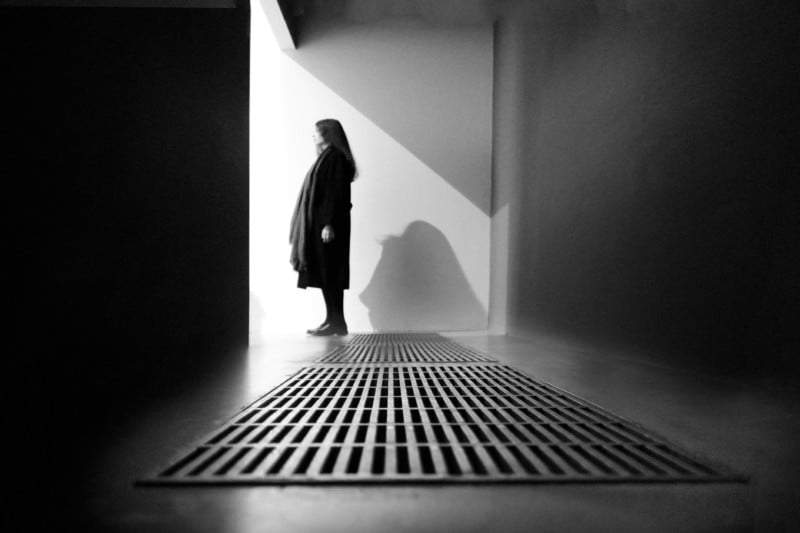
Let’s start with the most important keystone: Authenticity
I could be lazy and provide you with a huge list of potential projects and perhaps the odd one might resonate with you, but that’s where most of us fall down. So instead I’ve developed a simple questionnaire that you can print out and spend 5 minutes filling in to find potential projects that reflect your values and beliefs and that, ultimately, are authentic and personal to you.
At this point, don’t even think about photography or projects, simply complete the questionnaire and let’s explore you. I’d suggest you just jot down whatever comes to mind, but do it now before reading the rest of the article.
Here’s a PDF of the questionnaire for you to complete.
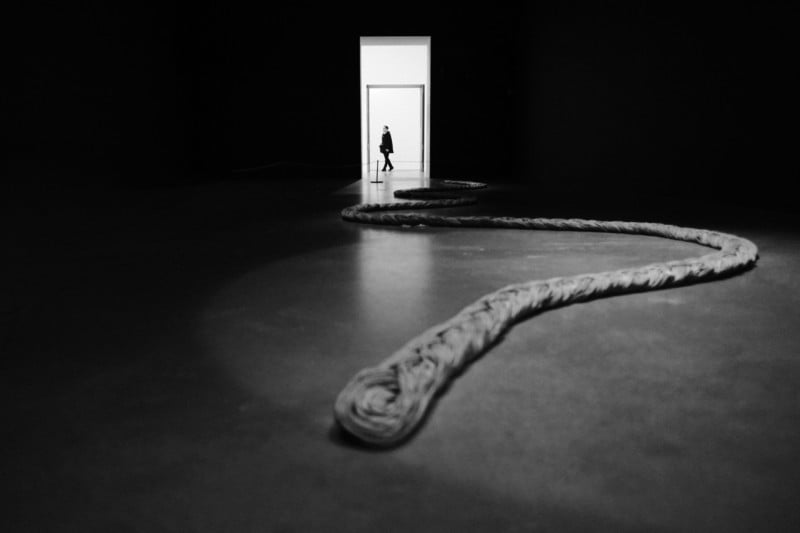
What is a personal project or body of work?
Let’s not get hung up on definitions: it’s simply a collection of pictures on a single theme. Perhaps individually they don’t tell the entire story, and are more powerful as a collection. For our purposes, let’s say 9 or more images on a single topic.
The topic can be absolutely anything—from a simple collection of images of shadows, all the way through to something with social impact.
Top Tip: My advice is to have 3-6 projects on the go at all times, so that when you go out shooting you have a ready-made shopping list of things that you’re looking for. Or, you can go out and concentrate on just one at a time.
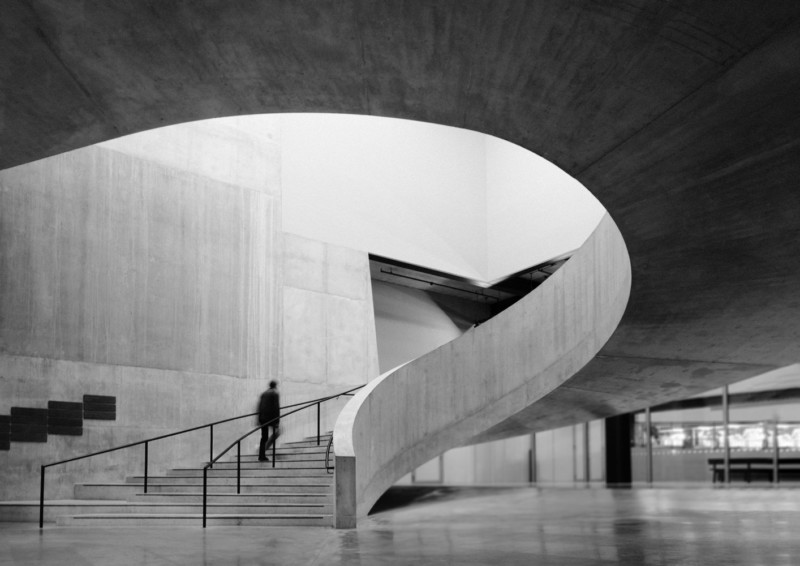
For now let’s keep it simple to get you started and explore a few project categories:
A Location
Many great projects revolve around a simple location. I recently shot a really simple one called “A Day at the Tate.” It’s a simple collection and one that challenged me to get creative in a set location and a set timeframe—and it was great fun. I’ve scattered these throughout the article to show you how a simple project idea can yield great results and, in fact, the headline image won an IPA (International Photography Award).
I’m currently working on a project about the gentrification of London’s Soho, which is proving very interesting.
Dougie Wallace did a fantastic one called “Harrodsburg” based around the area outside the Harrods store in London.
If you don’t live near a city, there is still no excuse! Check out the winners of the “My Town” photographic competition to see what you can achieve with a little imagination, in your own town or street.
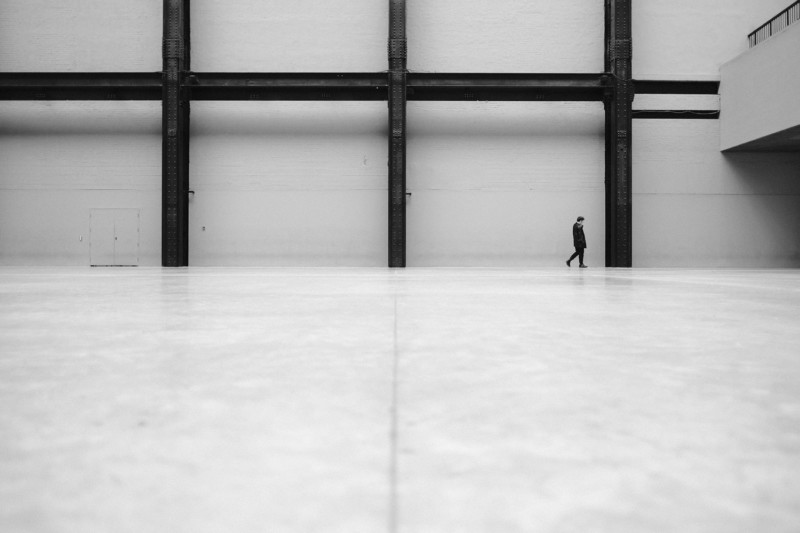
An Aesthetic
We are all drawn to different street photography aesthetics; shadows, geometrics, architecture, colour, night life, people with umbrellas or whatever. This can be a rich source for projects and a very easy start point.
If you’re thinking of a Night Street Photography project, do check out our article 11 Secrets to up your night street photography game.
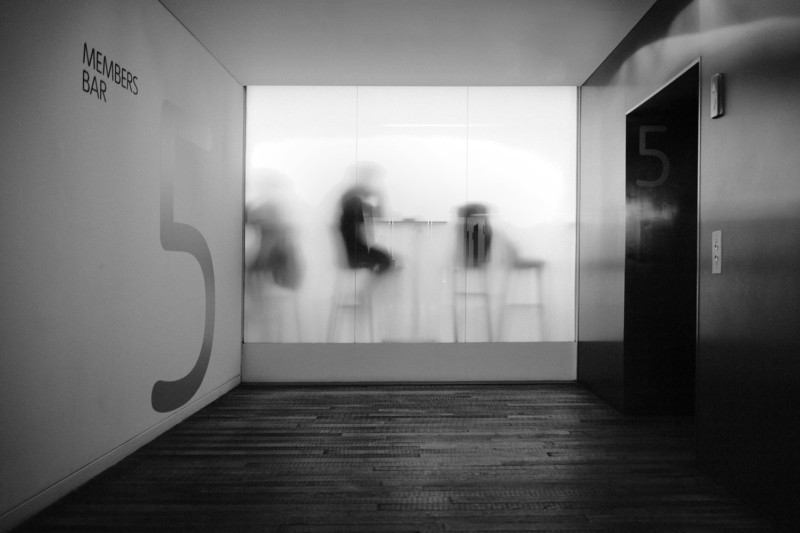
Combinations
A brilliant example of combining both location and aesthetic is Nick Turpin’s amazing project “On the Night Bus.”
A Passion or Interest
Perhaps you have a passion or interest that would make a great street photography project? Explore the things that you have strong views about, such as financial imbalance in society, climate change, waste, or how we treat our veterans for example.
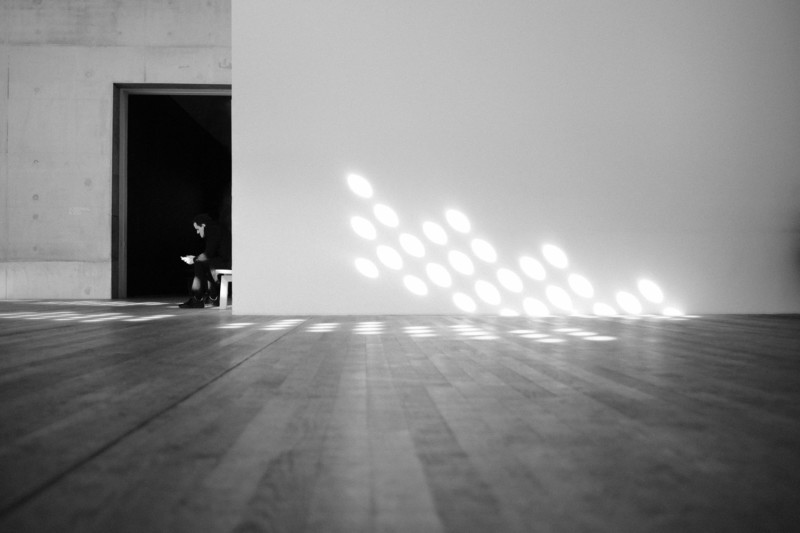
A place you have access to or frequent
Perhaps you have access to somewhere interesting that others do not. This could be as simple as a gun range or golf club. My one-on-one client is a member of a local golf club and is about to embark on a project called
“Ladies Day” that looks at the differences between the sexes and people’s obsession with golf. Remember that street photography doesn’t need to be on the street!
Perhaps you spend hours commuting each day? Photographer Michael Wolfs project “Tokyo Compression” is a brilliant and inspiring project that explores the indignity of commuting.
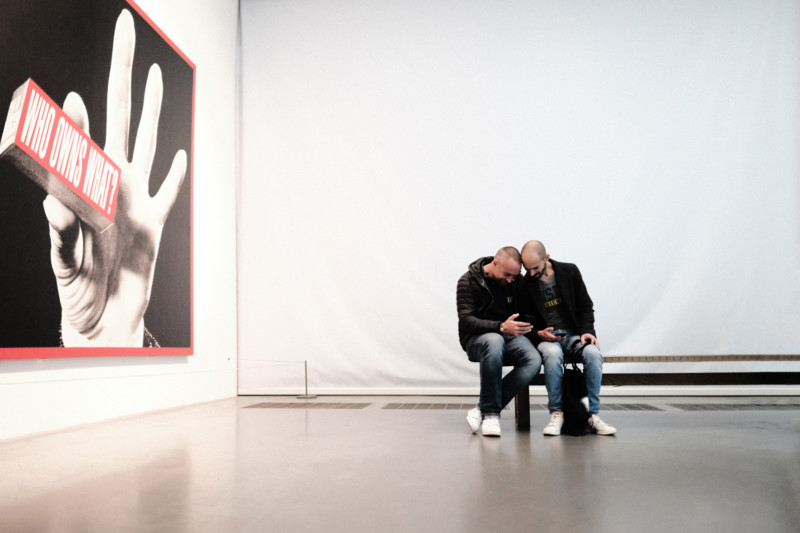
A point in time or social observation
British photographer Martin Parr is an inspiring master of social observation and you only need to look at his immense collection of books on various topics to get ideas and inspiration. I particularly love his “Death by Selfie” mini book amusingly produced in the shape of a phone which captures this time of self-obsession.
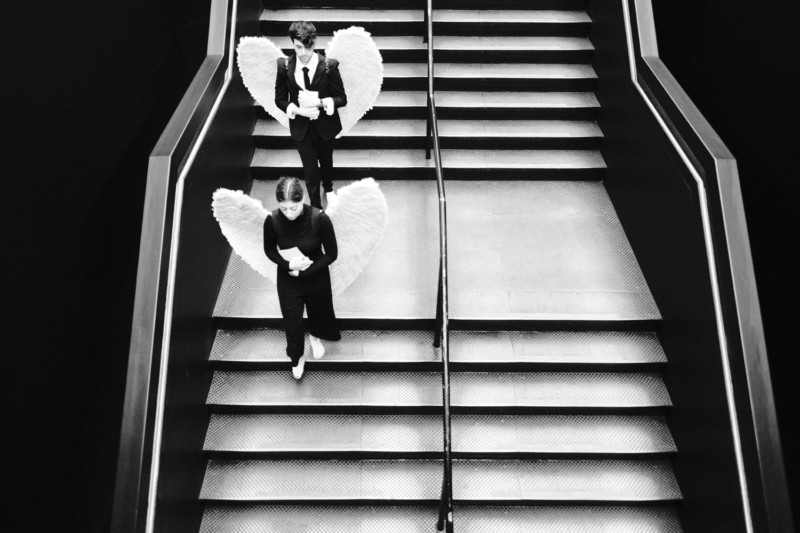
An Event
Going to an interesting event, or perhaps your local town or city is celebrating an event? It’s the perfect opportunity to observe people, telling the story as you see it to create a brilliant and engaging project.
Top Tip: If you’re still struggling, take a look back at your old images and find one you love. Could you build a project or collection of images from this strong starting point, be it a location or some other aesthetic?
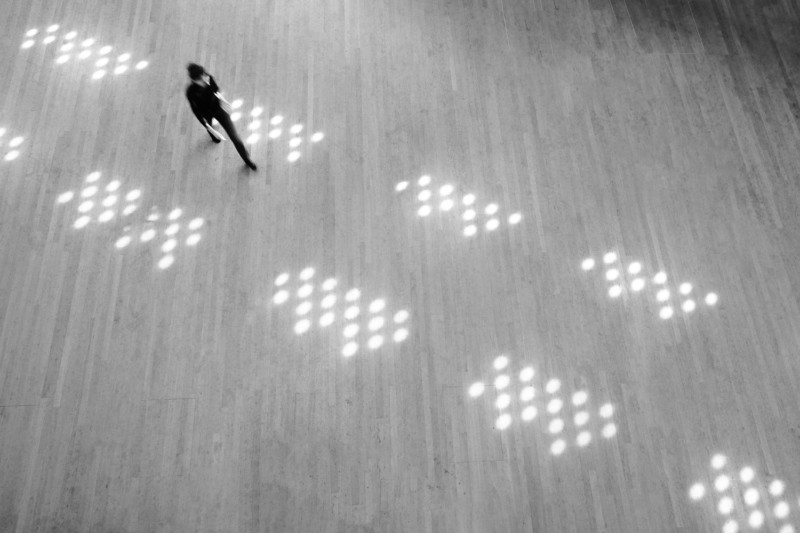
How long does a project take and how will I know when it’s complete?
A project can last a day or several years—it really depends on the topic and when you feel that you’ve explored it sufficiently. Don’t get too hung up on this question, simply get started and see where it leads you.
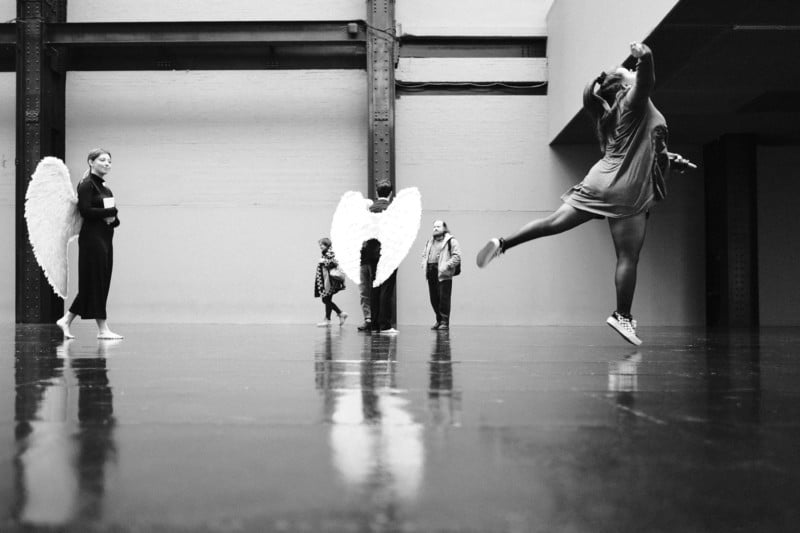
6 ways to celebrate and share a completed project
Brilliant—you’ve thought of a great idea, got engrossed in shooting it and now you have a collection of images you want to share with the world. What now?
Well, I’ve got 6 great, inexpensive ideas for how, or where, you can share your work:
- Get online and either add them to your own website or use a service like SmugMug or SquareSpace to create a website from your gallery. Then you can seek out groups on various platforms like Facebook etc and share your work with likeminded individuals.
- Create a Zine! A Zine is a small, cheap to produce mini-magazine which you can create yourself or have printed by a company for a few pounds or dollars. Seeing your project in print is an incredibly rewarding way to celebrate its completion and to share it with friends, family, members of a camera club, the location or the people involved. Simply google ‘zine’ and you’ll find lots of companies who can help you make one and print it
- Organize an exhibition! This could be as simple as a few framed prints at home and having friends over for a beer, to hiring a space to show off your work.
- Print them as postcards to send or give away.
- Lots of photography competitions have a specific category for a series of images which, statistically, less people enter as it’s more effort. This substantially increases your chances of winning. Websites like https://www.photocontestinsider.com/, https://photocontestguru.com/ and https://photocontestdeadlines.com/ all have listings of some great competitions, so go for it.
li>Create a self-published book and give away copies as gifts.
I hope that you found this useful; that you start by keeping it simple and build upon that. I’d love to see any of your existing projects or new ones that you create – post links to the comments section below.
All images shot on a FujiFilm X-T3 with 16mm f/1.4
About the author: Simon Ellingworth is an educator and owner of UK based Trade Secrets Live. He has 9 international awards and teaches a variety of London based Street Photography workshops, follow him on Instagram. This article was also published here.